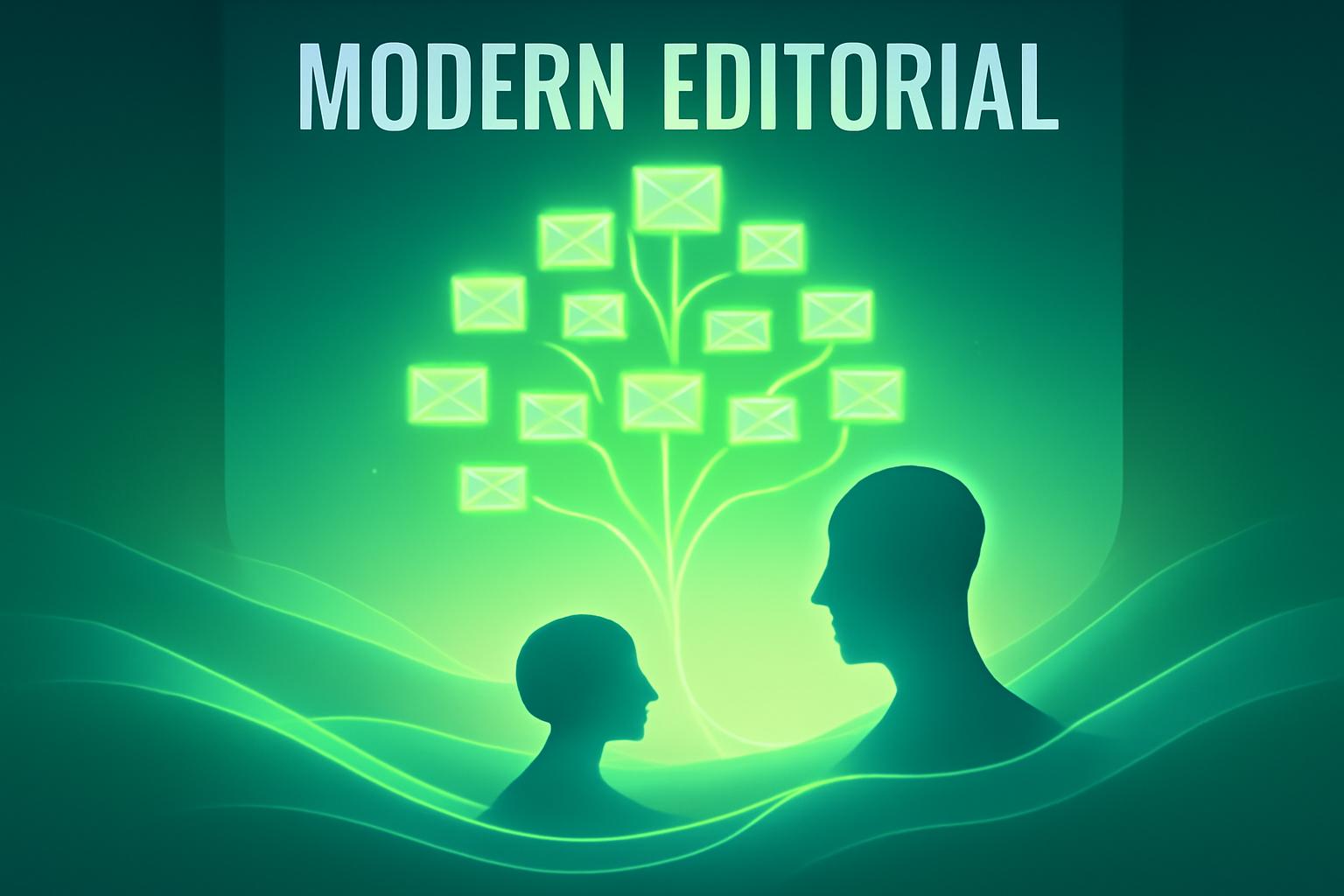Creating Email Time Capsules: A Lasting Gift for Children
When preparing for a newborn, common concerns often center on baby names, sleep routines, and diapers. Yet, Kelsey Mora, a certified child life specialist and therapist, took a distinctive approach: she created personalized email accounts for each of her children and began writing to them well before they could read the messages. This practice has become a profound time capsule filled with love, guidance, and memories. Securing email addresses early was practical, ensuring their names were reserved. However, Mora also recognized the deeper emotional value. Her professional experience with families facing illness, grief, and loss highlighted how treasured keepsakes and preserved words foster lasting connection.
Purpose and Emotional Value Behind the Practice
Parents often confront life’s fragility and seek meaningful ways to capture memories and provide ongoing support, even when they cannot be physically present. Mora writes proactively, preparing for challenges rather than reacting to them. These emails have evolved into a living legacy—a collection of heartfelt advice, stories, and love her children can carry forward.
Writing Practices: When and What to Write
Mora shares there are no strict rules for this practice; it can be adapted to each family’s needs. Her approach includes writing on specific occasions and for varied reasons:
- Birthdays: Annual emails recount milestones and personal reflections, like celebrating a third birthday with affectionate descriptions of her child’s personality and interests.
- Special and Silly Moments: Quick notes capture charming quirks and humorous phrases, preserving everyday magic that might otherwise be forgotten.
- Difficult Times: Honest messages during challenging periods affirm unconditional love and resilience, offering children reassurance through struggles.
“Your fierce personality has been testing my limits lately, but I keep reminding myself you’ll use it for good one day. You push limits. You stand tall. You fight for what you want — all things I’ll one day admire.”
These emails often include photos and serve as a personal journal for Mora herself, highlighting the mutual emotional benefits of the practice.
Envisioning When Children Will Receive Their Emails
Mora imagines sharing these emails with her children during milestone moments such as their 18th birthday or school graduations. While she hopes to witness their growth firsthand, the emails provide a safeguard against unforeseen circumstances, ensuring her children always feel seen, known, and cherished. This practice is motivated by love and foresight rather than fear, emphasizing the importance of preserving connection and joy across time.
How to Start Your Own Email Time Capsule
Parents interested in replicating this approach can begin by creating a simple email address for their child at any age. Writing just one heartfelt note describing the child’s current personality, interests, and parental hopes is an ideal start.
- Set calendar reminders for birthdays, holidays, and significant transitions to maintain consistency.
- Keep messages honest and personal without worrying about writing style.
- Use the email as a living document to document both everyday moments and major life events.
This ongoing correspondence will one day become a treasured archive for children to revisit throughout their lives.
About Kelsey Mora
Kelsey Mora is a Certified Child Life Specialist and Licensed Clinical Professional Counselor. She supports families impacted by medical issues, trauma, grief, and everyday stress through her private practice and nonprofit work. Mora is also the author of The Method Workbooks and a mother of two.
FinOracleAI — Market View
The practice of creating digital time capsules for children via email addresses reflects a growing trend in leveraging technology to preserve family legacies and emotional connections. As families seek innovative ways to document and share memories, such digital archives can enhance emotional well-being and parental engagement.
- Opportunities: Increased adoption of digital tools to support parenting and memory preservation; growth in services offering secure, long-term digital legacy solutions.
- Risks: Concerns around digital privacy and data security; potential emotional challenges if parents are unable to maintain consistent communication.
Impact: This approach positively influences family dynamics by fostering sustained emotional bonds and creating meaningful keepsakes, encouraging proactive parenting in the digital age.













